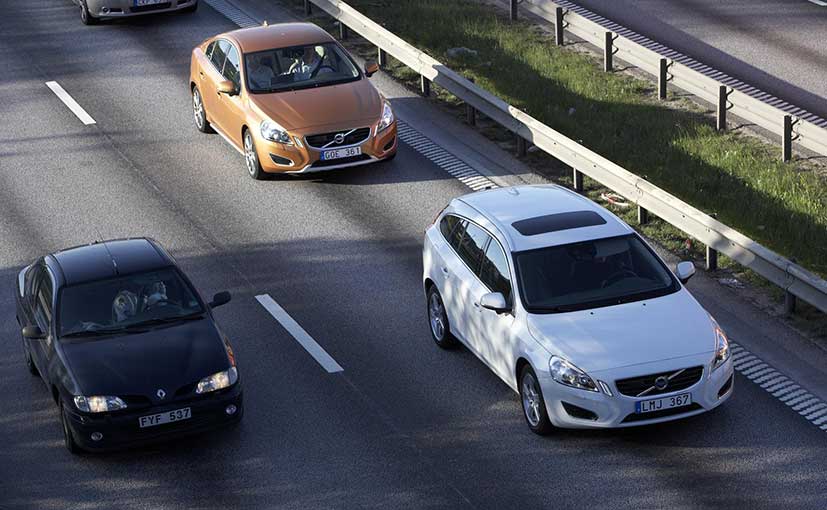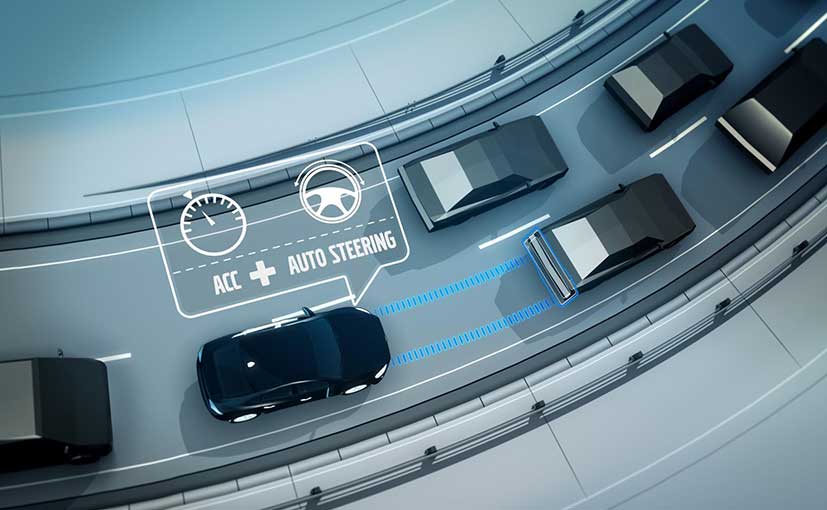What Is Adaptive Cruise Control?

Highlights
- Adaptive cruise control is a highbrow variation of cruise control
- It is alternatively known as autonomous cruise control
- ACC is primarily cruise control plus a collision avoidance system
What is adaptive cruise control?
Adaptive cruise control (ACC), alternatively known as autonomous cruise control, is a highbrow variation of cruise control that 'adapts' a vehicle's speed in accordance to that of the vehicles in front. ACC allows the vehicle to automatically accelerate or decelerate in order to ensure a prudent distance is maintained from the vehicles ahead of your vehicle. Fundamentally, adaptive cruise control not only maintains a vehicle's speed but also the following distance - at a reasonable value selected by the driver.

In other words, ACC is primarily cruise control combined with a collision avoidance system, thus basically being a safety provision. However, it is often marketed as a convenience feature.
How does adaptive cruise control work?

Adaptive Cruise Control With Steer Assist
Vehicles with the provision of ACC employ radar- or laser-based sensors that examine the road directly ahead of the vehicle, identify changes in the speed of the vehicles in front, and then adjust their own speed with both, the accelerator and brake to maintain the set distance from the vehicle in front.
Last Updated on August 24, 2016
Related Articles
Latest News
- Home
- News
- Technology
- What Is Adaptive Cruise Control?














